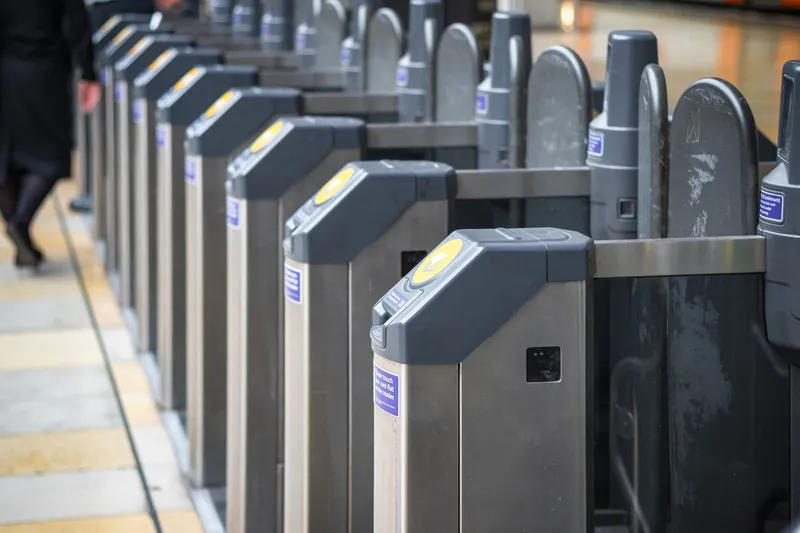A non-profit industry association whose founding members include SAE International and Joby Aviation has formed to help integrate urban air mobility options into transport.
The Community Air Mobility Initiative (CAMI) is aiming to connect communities and industry by providing resources and education to the public and decision makers at state and local level.
CAMI's co-executive director Anna Dietrich says new technologies and aircraft promise to make flight accessible on a daily basis for more people.
“With that promise comes the responsibility to integrate those aircraft into our communities safely, responsibly and equitably,” she continues. “We created CAMI as the industry’s commitment to our neighbours and the decision makers who support them to work to ensure that happens.”
CAMI says urban air mobility can only succeed if it is safe, quiet and integrates into existing urban and regional transportation systems. It will also require collaboration with elected officials, urban planners, transportation agencies and real estate developers.
Greg Bowles, head of government affairs at Joby, says: “Communities will play a very important role in realising the benefits of safe, urban air transportation in a clean and quiet manner.”
Other founding members of CAMI include Bell, Black & Veatch, Choctaw Nation of Oklahoma, the
CAMI to bring urban air mobility to communities
A non-profit industry association whose founding members include SAE International and Joby Aviation has formed to help integrate urban air mobility options into transport.
The Community Air Mobility Initiative (CAMI) is aiming to connect communities and industry by providing resources and education to the public and decision makers at state and local level.
CAMI's co-executive director Anna Dietrich says new technologies and aircraft promise to make flight accessible on a daily basis for more people.
November 18, 2019
Read time: 2 mins
Related Content











